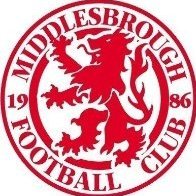น่ารักน่าชัง
-
Recently Browsing 0 members
- No registered users viewing this page.
-
Topics
-
-
Popular Contributors
-
-
Latest posts...
-
107
Trump's most ardent supporters are in revolt
Hopelessly defending Trump over everything must be a full time job for a lot of these posters. -
20
Crime American Man Arrested at Phuket Airport for Smuggling 6 kg of Heroin
horrible drug.... tough titties -
6
Crime Four-Year-Old Girl Blinded in Machete Attack by Gang Mistaking Father for Rival
An eye for an eye. There is no necessity to read between the line. Just make the attacker with ..... (his own eye). -
33
SIDS - Sudden Infant Death Syndrome - Is Caused By Vaccines
How does one debate someone who is clearly insane? -
40
Report British Tourist Attacked in Chiang Mai Over Karaoke Bill Dispute
Thanks Einstein... -
238
-
-
Popular in The Pub



.thumb.jpeg.d2d19a66404642fd9ff62d6262fd153e.jpeg)










Recommended Posts
Create an account or sign in to comment
You need to be a member in order to leave a comment
Create an account
Sign up for a new account in our community. It's easy!
Register a new accountSign in
Already have an account? Sign in here.
Sign In Now